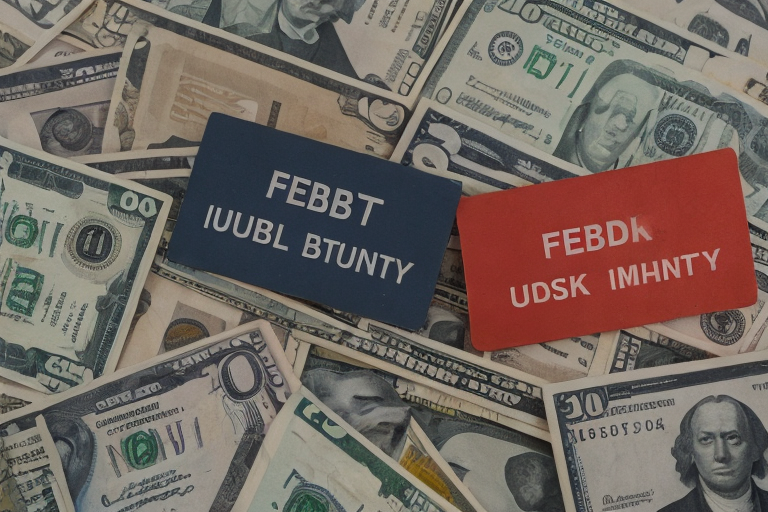Small-cap stocks in the US are currently trading at historically low prices, but with a staggering $620 billion worth of debt set to be repaid over the next five years, analysts believe that any significant risk-on signal from the Federal Reserve will be required to attract investors. Firms in the Russell 2000 Index, which contains smaller companies, hold a total of $832 billion in debt, and 75% of this amount requires repayment by 2029. This is almost double the proportion of debt owed by firms in the larger S&P 500 Index, which stands at just 50%. The high levels of debt held by small-cap companies, primarily in the form of floating-rate loans, pose a serious problem when interest rates increase, as these debts often reset at higher rates. As a result, analysts such as Marija Veitmane, senior multi-asset strategist at State Street Global Markets, suggest caution, stating that “we don’t like small caps as they are much more sensitive to an economic slowdown, have much higher cost of funding, and margins are likely to be squeezed more.” Small-cap companies’ performance is closely tied to broader economic conditions, making them less appealing to investors during periods of uncertainty. The Russell 2000 Index has failed to reach new heights for almost three years, while the S&P 500 has recorded multiple record-breaking performances during 2024 alone. An analysis conducted by Bank of America suggests that small-cap operating earnings outside the financial sector could fall by 32% over the next five years due to the high percentage (nearly half) of their debt being either short-term or floating-rate. Moreover, around 42% of Russell 2000 companies currently report negative profitability, compared to less than 20% in the 1990s. However, some experts, including David Lefkowitz, head of US equities at UBS Global Wealth Management, predict that falling interest rates by the end of the year and a projected improvement in business activity will strengthen earnings for the small-cap segment. Nevertheless, a lack of investor confidence in the rally that began at the end of April is evident, with hedge funds holding one of their biggest net short positions in Russell 2000 futures on record. Meanwhile, the “Magnificent Seven” technology mega-caps continue to outperform, making them more popular during periods of economic uncertainty.

High Debt Burden Puts Small-Cap Stocks at Risk amid Fed Uncertainty
•
Recent Posts
Advertisement
Advertisement example


Leave a Reply